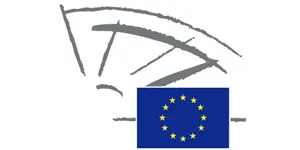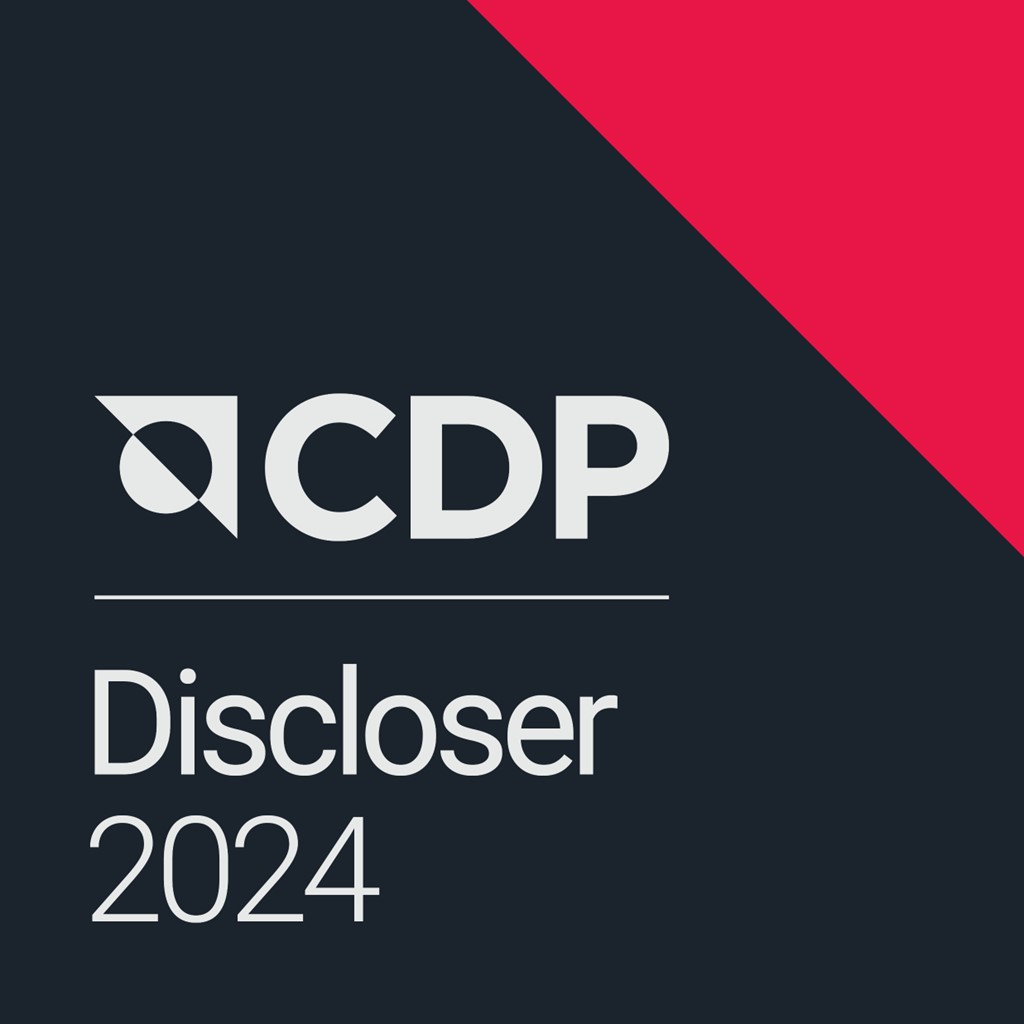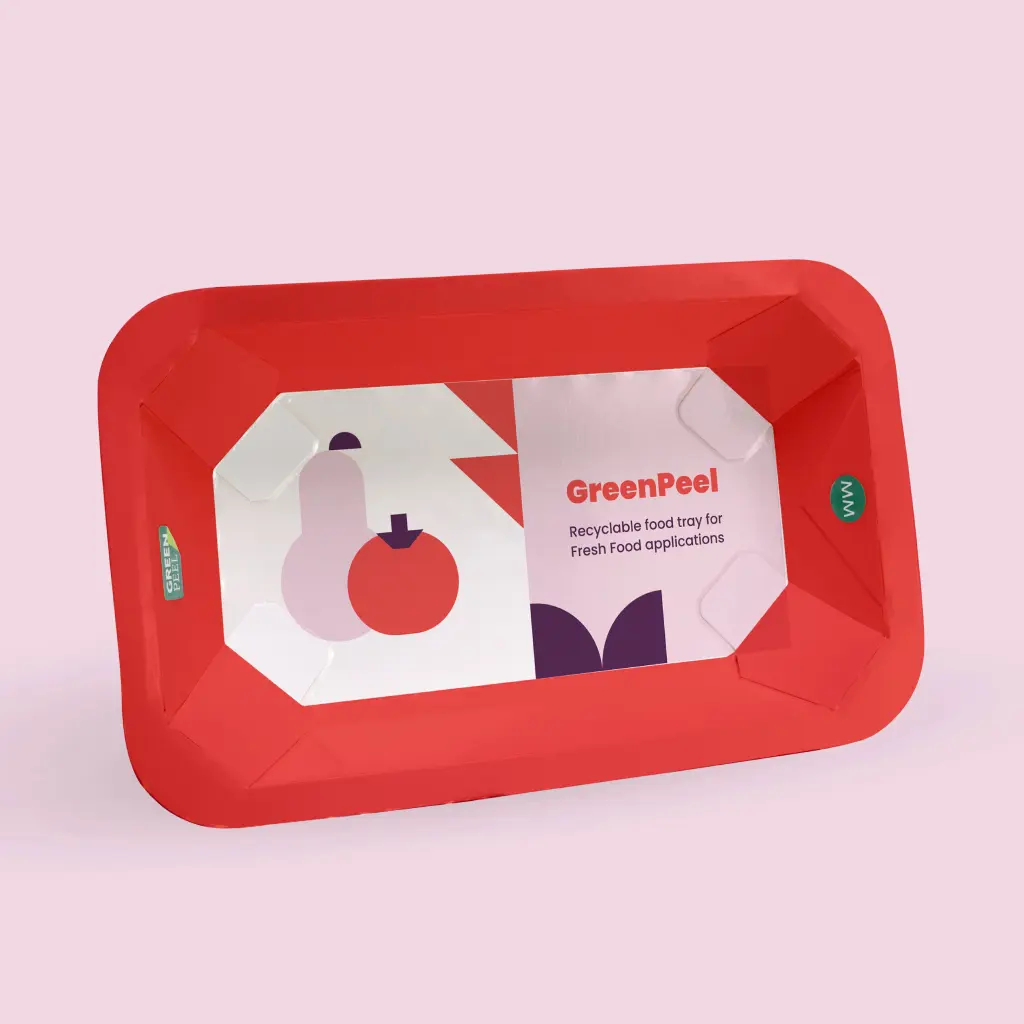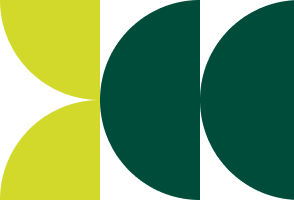EU Timber Regulation – No Changes for MM Karton Customers
The new European Union Timber Regulation No. 995/2010 to ban illegal timber will go into effect on 3 March 2013. It prohibits the ‘first placing’ of illegally harvested timber and timber products on the EU market. MM Karton has long been dedicated to the objectives of this regulation.
As a market leader, we set standards for the sustainable and responsible use of resources, particularly with regard to renewable resources.
The new regulation prohibits the placing of illegally harvested timber and timber products on the EU market and requires EU traders who place timber products on the EU market for the first time to exercise due diligence.
Compliance with the regulation should largely be covered by the current knowledge of our existing FSC and PEFC regulations, whereby the FSC-CW certification includes a risk assessment that can be used as a basis for the new ‘due diligence system’.
The new regulation of the European Parliament and the Council of the European Union reinforces existing procedures and certification systems and aims to combat illegal logging and trade in illegally harvested timber and products derived from such timber. The regulation will also provide a legal basis for existing certification systems.
Key points include:
• The import of and trade in illegally harvested timber and timber products on the market is prohibited.
• Traders and distributors must exercise due diligence when importing and placing timber and timber products on the market.
• Traders across the entire supply chain must be able to identify the country of origin of timber and timber products.
• EU Member States are legally bound to set penalties for infringements of the regulation.
• The monitoring organisation responsible for ensuring compliance with the provisions has not yet been appointed.
• The regulation covers round wood, firewood, chips, processed wood and paper products. It does not include printed papers and books that contain recycled materials.
Mayr-Melnhof Karton and the compliance regulation
The regulation and how it is to be implemented has not yet been fully defined – the possible method of risk assessment is unknown and the monitoring organisation is yet to be determined. Nevertheless, based on current information, operators that already have rules and procedures in place that are in line with the requirements of the regulation are free to adapt existing systems.
MM Karton and all of its cartonboard plants are oriented toward national and international compliance regulations. This applies to timber and timber products that are available on the market.
The PEFC chain of custody, FSC chain of custody and FSC controlled wood requirements apply to the ban on illegally harvested timber and to the bans on the following:
• Timber harvested in violation of traditional or civil rights.
• Timber harvested in forests where high conservation values (forests with a high ecological or social value) are threatened by management activities.
• Timber harvested in natural forests being converted.
• Timber from forests including genetically modified trees.

Due Diligence Approach to Information and Minimising Risk
Illegal logging and trade in illegal timber is a serious and increasing problem on the timber market. The PEFC and FSC chain of custody/controlled wood requirement prohibit the use of illegal timber in production. MM Karton works in accordance with the regulations set out by these standards.
The new EU regulation defines criteria for the risk assessment including compliance with the applicable legislation, third party organisations as monitoring institutes, compliance with the UN sanction on the import and export of timber and the supply chain as an integral part of the risk assessment system.
The new regulation also calls for a procedure for assessing and minimising risk. MM Karton operates in accordance with the PEFC chain of custody, the FSC chain of custody and the FSC controlled wood requirement by using a proprietary traceability system and carrying out in-house checks.



